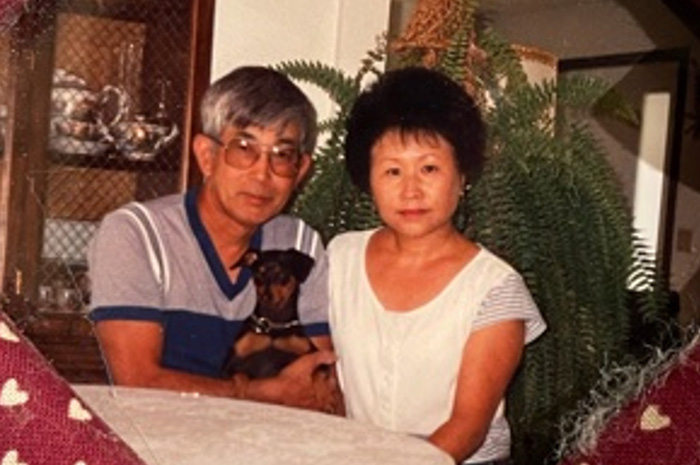JCCCW’s Omoide 30th Anniversary!
By Tosh Tsukamaki, as told to Dee Goto For The North American Post
Hearing a bullet whistle past my head, on the 38th parallel in the Korean War, I found that life became more precious. As a sergeant with the US Infantry, I came home with a commendation from the President of South Korea. But helping establish a successful family enterprise raising onions and seed crops became a priority with my father and two brothers. Like the handful of us second-generation Japanese guys farming in the 1950s, I enjoyed the girls at Japanese community gatherings and parties. We hung out with the white guys bowling and at the Turf Cafe. Five AM to 5 PM was our day, seven days a week. If we had a break, we did some fishing and hunting.
I grew up near Boise, Idaho before moving to Quincy, Washington. We were active in school. I was the president of our class of 1949 at Notus High and was a pretty good guard on our winning basketball team. It was clear that when it came to girlfriends and marriage, we needed to stick to our own kind. Since the pickings were slim in farm country, we were encouraged to agree to arranged marriages or to look for candidates from Japan.
As the oldest son getting close to 30 years old, my parents declared it was a duty to visit my father’s birthplace in Hiroshima. I was not enthused to follow my immigrant father’s advice in that it was also my family obligation to agree to some arranged meetings of girls for potential marriage on the trip.
I carried out my obligation of visiting the graves of our ancestors, partied with the relatives, met a couple women, and was about to leave. Uncle Sugita insisted I stay another day because he had one more candidate whom I shouldn’t miss.
It was a tug-of-war, Sugita interjecting, “She’s a beauty.”
I finally gave in.
Sixty years later, Sue smiles at Tosh as she shyly comments, “I don’t know why I agreed to the meeting and agreed to get married. He wasn’t like all the other Japanese men. He opened doors for me and was courteous.”
Tosh counters with a grin and with his characteristic comebacks, “Also, because I’m so handsome!”
Sue adds, “I was the youngest of six and wanted some adventure like America. I had no idea what I was doing.”
Tosh continues, “It was because she was also a country girl that I agreed. I couldn’t bring a city girl to live in such an isolated place like Quincy and be a poor farmer’s wife.”
Their daughter, Janet, reflects, “They were polar opposites with strong wills, but maybe like Dad learned from his dad with farming, they put in the work no matter how hard it might have been. They never quit and grew to depend on each other. They would never say, ‘I love you’ to each other, but I heard Dad admit to a cousin that he loved Mom.”








